The Brothers Home (or Hyungje Bokjiwon) in Busan, Korea, was an internment camp that operated as a “welfare facility” from 1975 to 1987 while the nation was under military dictatorship. However, as explored in episodes 1 and 2 of Netflix’s ‘The Echoes of Survivors: Inside Korea’s Tragedies,’ while its motive was anti-vagrancy, those detained were mostly young children with homes and families of their own. What’s worse is that they were then allegedly forced to face violence as well as perform hard, unpaid labor every day, often with little to no food – they survived through their own wit and will.
Choi Seung-U is Dedicated to Survivor Activism and Advocacy
It was in the spring of 1982 when 13-year-old Choi Seung-U was grabbed off the street by a local policeman while going to a friend’s home after school and accused of stealing the bread in his bag. He tried asserting he was no thief, but he “confessed” once he was allegedly made to strip naked and burned with a lighter held to his private parts, following which he was almost immediately taken to the Brothers Home. That’s where he was sorted into a platoon, given a physical examination, led to a room with at least 12 more detainees, and then reportedly brutally raped almost every night for 5 long years.
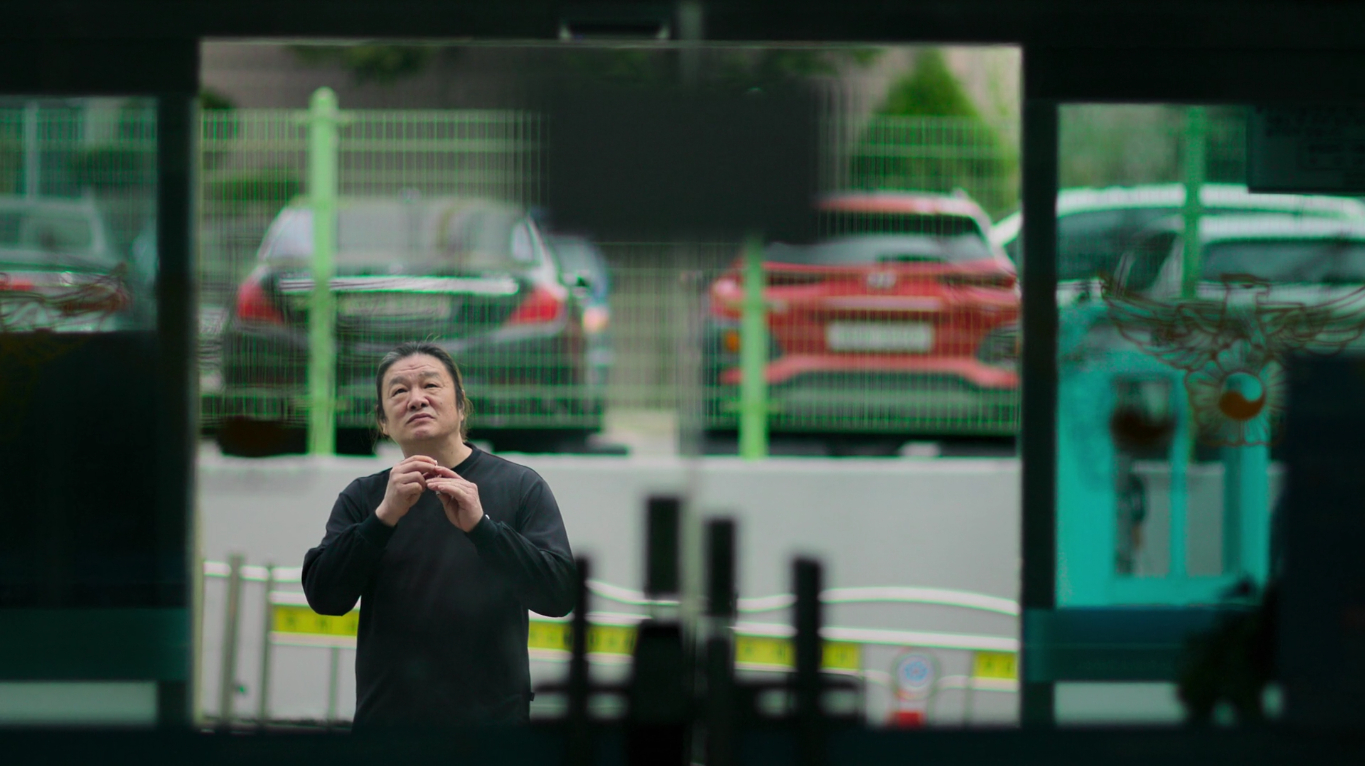
During this period, in 1985 to be precise, Seung-U was unexpectedly reunited with his younger brother (now 14), only to learn he had also been grabbed by an officer when playing alone at a gaming store. He wanted to speak to him since he could see he was struggling, but couldn’t because he was worried about getting them both in trouble with their respective platoon leaders. Ultimately, two years later, they were both released thanks to their family, who had heard the rumors about the Home and caused a disturbance right outside their main gate while demanding to see them. By this point, Seung-U was 19 years old yet weighed just 37kg, whereas his younger brother Choi Jae-Ho was 17 years old but weighed merely 35kg.
Unfortunately, while the brothers technically had their freedom, their trauma as well as the social stigma resulted in them falling down some dark paths. Seung-U became involved in criminal activities that landed him in prison 39 times, whereas Jae-Ho became so depressed that he died by suicide in October 2009. It’s imperative to note that most of the former’s convictions have reportedly been for obstruction of justice based on his disrespect for the police owing to his past. Yet now, it appears as if the 56-year-old has been trying to turn over a new leaf by dedicating himself to survivor advocacy in every way he can. In fact, he was instrumental in getting a Special Law passed in 2020, which led to the formation of the Truth and Reconciliation Commission – their sole purpose is to re-investigate the Brothers Home case for victims/survivors.
Han Jong-Seon is Caring For His Sister While Also Serving as a Creative Activist
It was October 1983 when everything turned upside down for 9-year-old Han Jong-Seon and his 11-year-old sister Han Sin-Ye after a long day of school and family time in Yongdusan Park. They were with their single father, who later dropped them off at the Donggang Police Precinct under the assumption they would be cared for there while he ran some errands nearby. However, within a short while, the two young kids were forced into a truck for “vagrants” and transported to the Brothers’ Home – throughout this, Jong-Seon was crying in his sister’s arms until he was allegedly slapped so hard he passed out.
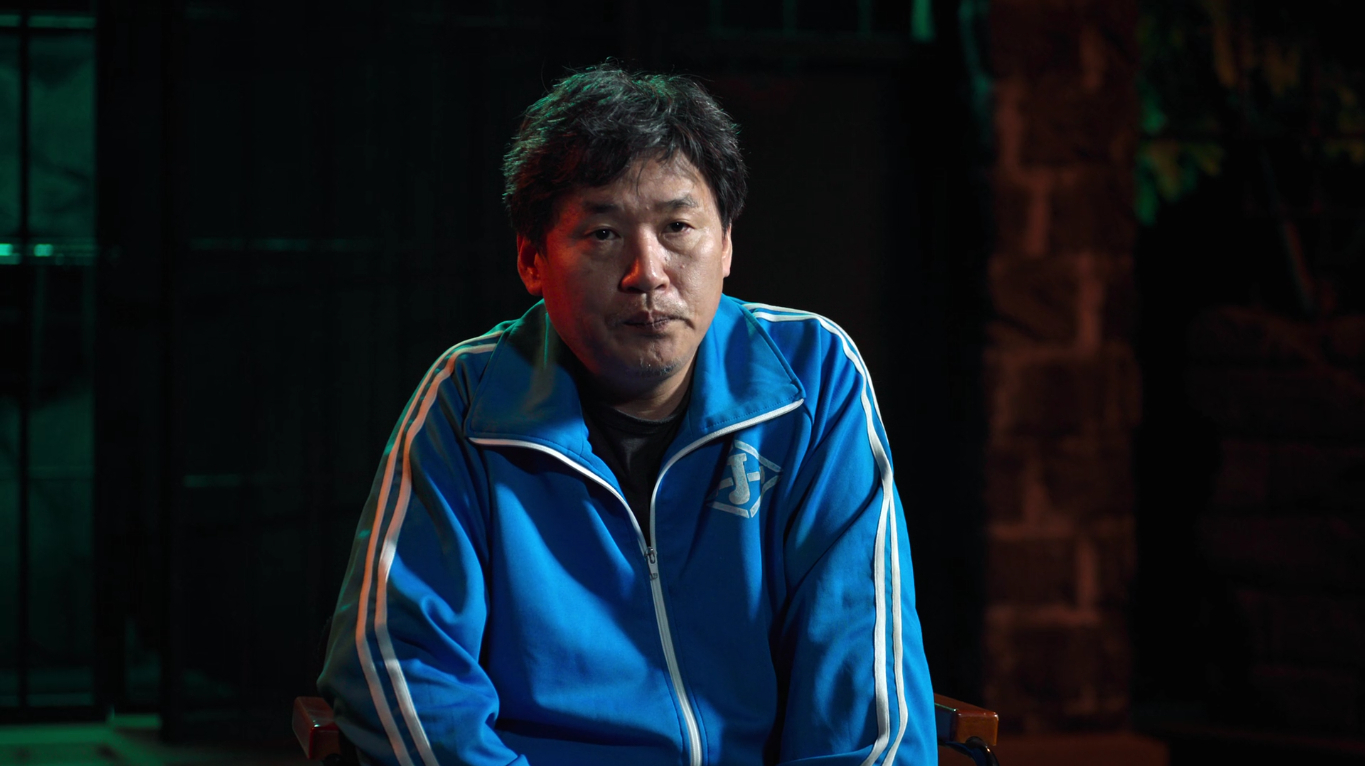
At the Home, per Jong-Seon’s own accounts, he and his sister were separated into two different platoons since boys and girls could not be together, and then taken away for the evening. He claims that his sister knew from the very first day that something was wrong, so she broke the rules and came to him every single morning, trying to grab his hand and find a way to escape. However, allegedly, while his platoon leaders had him disrespect her, she was then punished by her own leaders either via physical or sexual violence or by being forced to consume an antipsychotic drug called chlorpromazine. This went on until she stopped, with Jong-Seon stating she also stopped behaving like herself and went quiet. Jong-Seon and Sin-Ye managed to get away from the home in 1987 when it shut down during ongoing investigations, but they remained separated as they were taken away to different orphanages.
The former suffered alone for over 25 years before realizing that he had to do something, so he started fighting for justice in front of South Korea’s National Assembly. He even managed to find his father as well as his sister, the latter of whom had been in and out of psychiatric hospitals her entire life owing to severe mental disabilities. As per Jong-Seon, owing to the alleged drugs and trauma, her mind has reverted to when she was a child. Therefore, he now resides with her as her primary caretaker, all the while also being an activist for survivors. His 10-year fight for justice culminated in the passing of the Special Law in 2020 and the formation of the Truth and Reconciliation Commission. The 51-year-old is now determined to expose the horrific human rights abuses he and his fellow inmates endured at the facility by collecting testimonies for the Commission and creating models and graphic illustrations.
Park Sun-I Continues to Grapple With Severe Guilt
Back in 1980, Park Sun-I was 10 years old and waiting for her elder brother to pick her up from the Busan train station and send her home when two police officers offered to help her. However, instead of helping her, they allegedly shoved her into a truck and took her to the Brothers Home, where she was immediately violated in the way of having her freedom and identity taken away. She was given a physical exam, an inmate number in the 3000s, and forced to shave her head as well as wear the blue tracksuit. She still remembers witnessing horrific abuse from the day she spent there, so she did her best to abide by the rules.
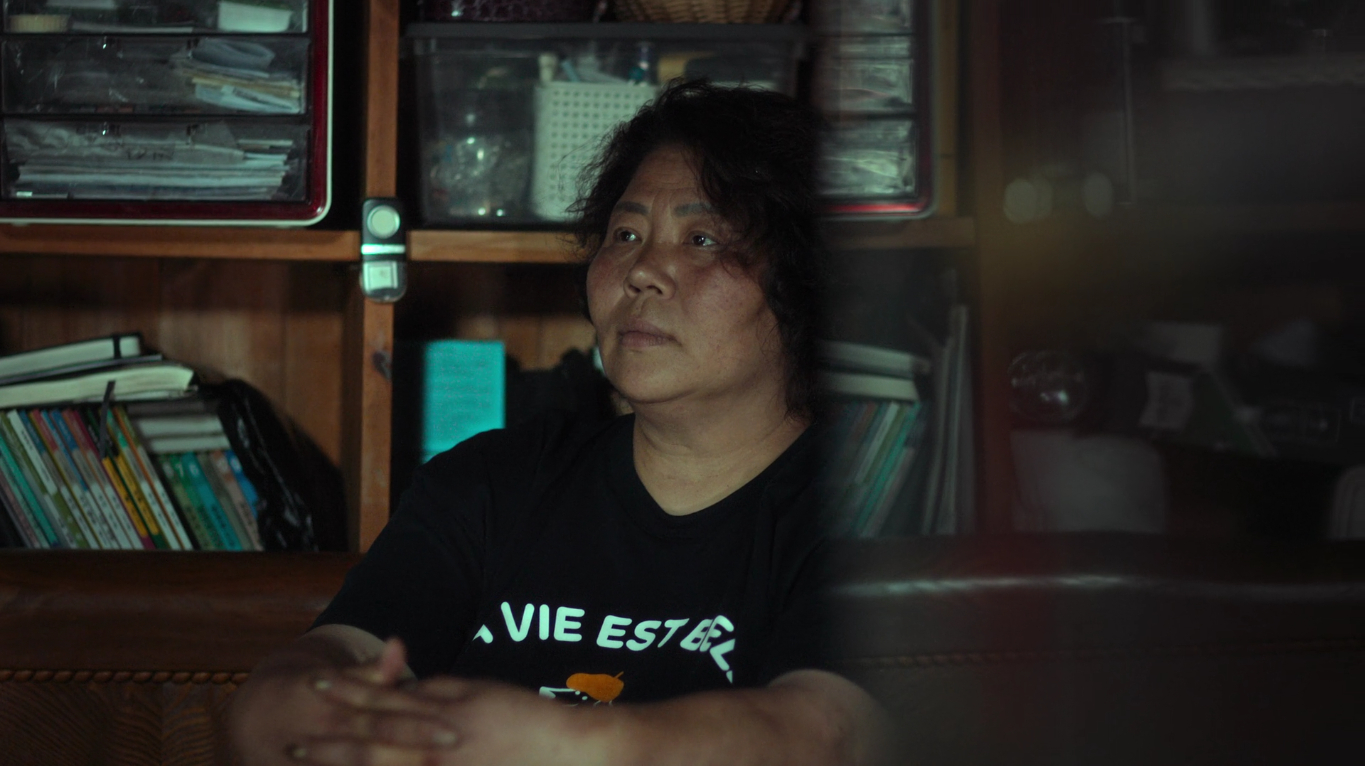
Park Sun-I, like the rest of the inmates, was given no education during her detainment. Plus, since she was so young when she was taken, she had no idea about the way the world works or biology. She once thought the platoon and command leaders treated some inmates, only to realize how wrong she was when she was brutally raped by one of them at the age of 16 and then handed some tangerines. Her parents, who had spent 6 years searching for her when she ultimately escaped and reunited with them, but her trauma didn’t end there.
Not only did Park Sun-I lose her father not long after, but she also gave birth to a baby girl on February 4, 1987. She herself was just 17 at the time, so her mother convinced her to give the baby up for overseas closed adoption, unaware it would shatter her. Because of what she saw at Brothers Home and because she gave up her daughter, she struggles with survivor’s guilt and remorse to such an extent that it is hard for her to live some days. Nevertheless, she keeps on fighting in the hopes of justice as well as possible reconciliation someday.
Kang Sin-U Prefers to Lead a Private Life Today
Unlike most of the detainees at Brothers Home, Kang Sin-U was actually taken in when he was 23 and mourning the sudden death of his partner and their 10-month-old baby in a car accident. According to his own accounts, he had become an alcoholic to drown out his pain and had agreed to go to Saemaeum Church, the church at the top of the Brothers Home site. It was only when he was there that he realized something was wrong, but it was already too late. He was subsequently forced to work at a construction site where he had to break stones with his bare hands, but he wasn’t paid and wasn’t fed properly, so he decided to fight back one day.
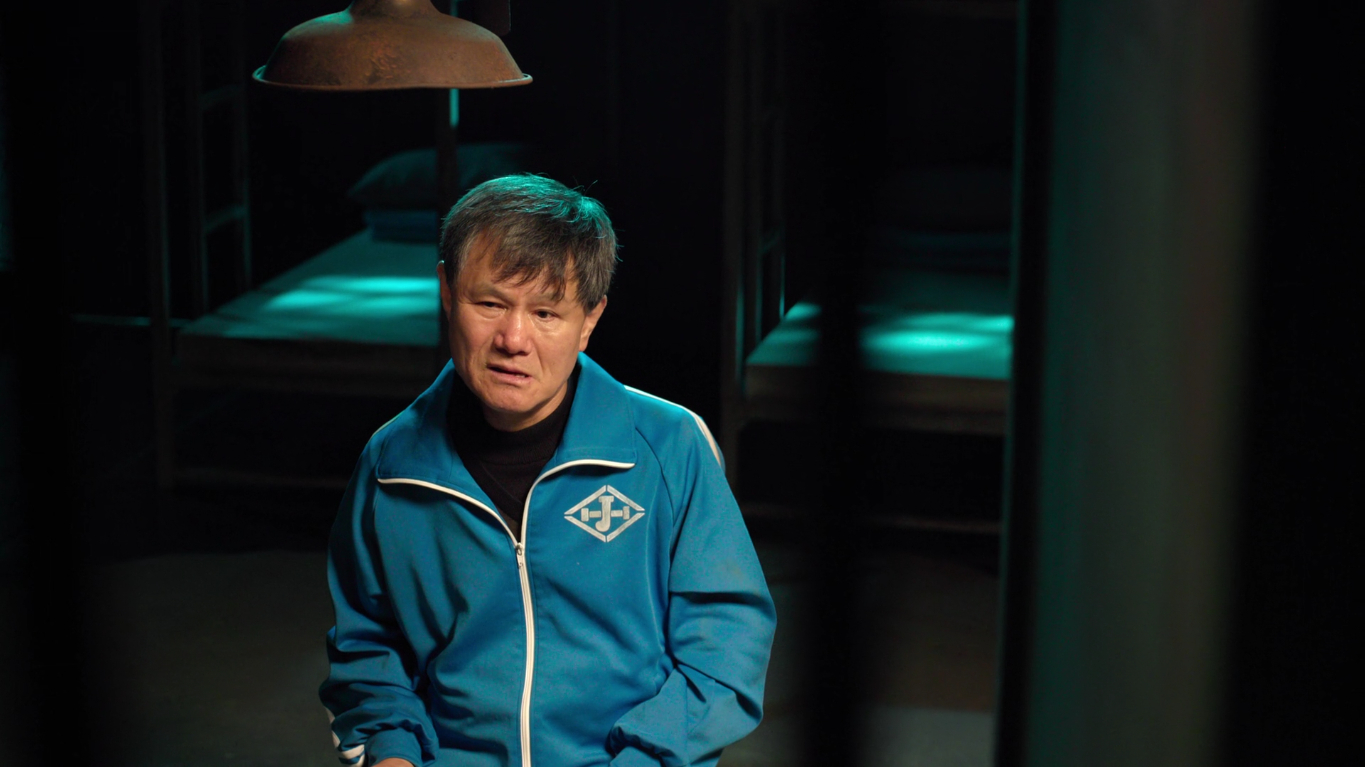
Unfortunately, the leaders ended up ganging up on Sin-U and beating him to such an extent that he was left unconscious for a week, only to realize they had hurt his nerves permanently. He is partially paralysed in his left arm and leg, and he still walks with a severe limp. As if that’s not enough, they had allegedly also managed to rule him “crazy,” so he was then placed in their psychiatric ward and forced to consume antipsychotic drugs for two years. It was in 1987 when he was transferred to a local hospital, and he took advantage of it by writing a letter to his father, who then came, realized what had happened, and rescued him for good.
Sin-U’s father also contacted a human rights lawyer to file a case against the Home’s Director, but he was never charged with any violations of human rights; only embezzlement and fraud. As for Sin-U, he has since managed to do his best to rebuild his life thanks to the support of his loved ones, but he prefers to keep the details of it well away from the limelight for privacy reasons. All we know is that, now in his 60s, he still hopes for a genuine apology from those who ran the Home and hopes that the Commission is successful in giving the survivors some peace.
Yang Hyeon-Seon is a Dedicated Family Woman
Yang Hyeon-Seon was merely 10 when she was allegedly snatched away from the streets of Busan and taken to Brothers Home, where she soon caught the eye of the leaders. After all, by the time she was 14, she was being forced to work at the Director’s complex as a nanny and housemaid, meaning she had to clean their entire home, do chores, and check on their kids even while they did homework. However, since no one was provided any education at the Home, she, like many others, was left illiterate by the time she managed to escape. As if that’s not enough, she was also deeply traumatized because she was verbally and physically abused by the Executives if she did anything wrong.
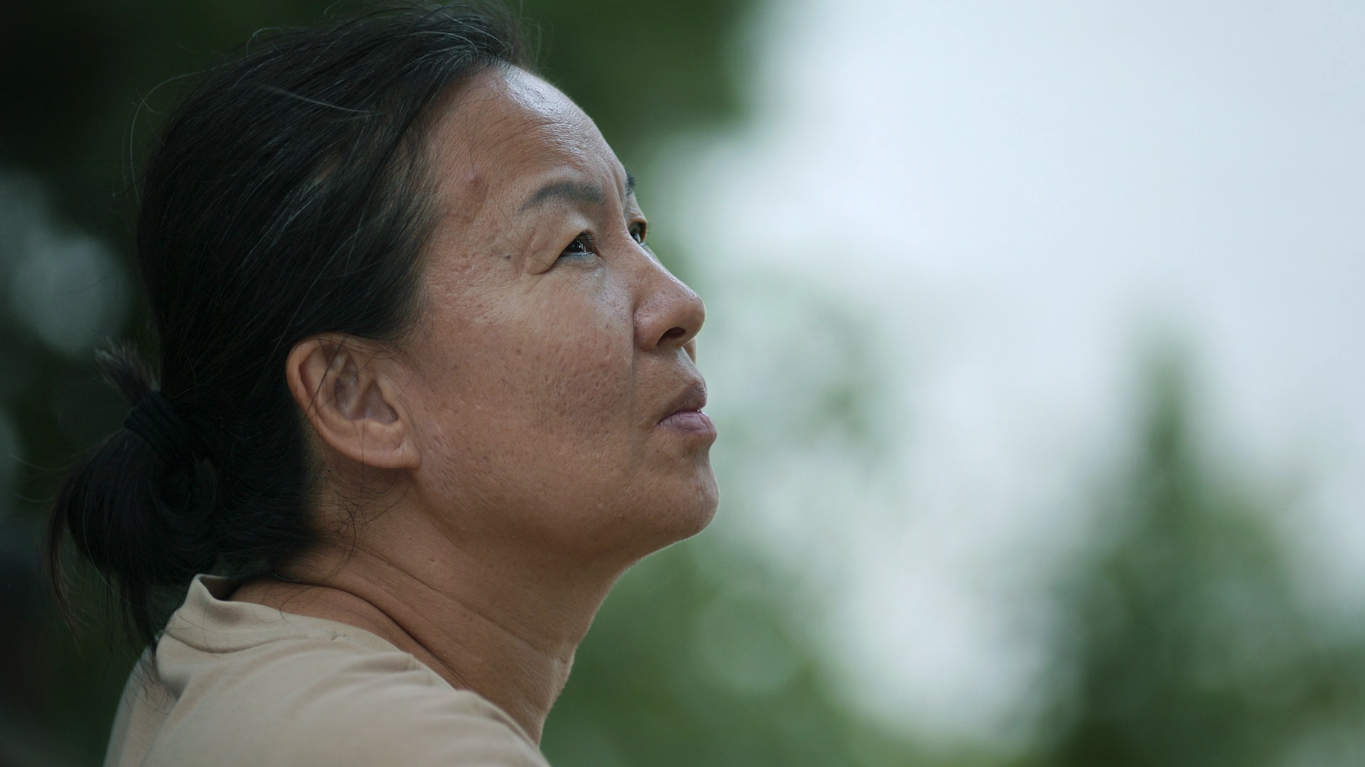
In the end, Hyeon-Seon was sent back to the female platoons in 1986 as the Director’s family immigrated to Australia, and then she escaped from there a year later. However, since she still remembered that education was a thing owing to seeing the executives’ children going to school and feeling envious, she did do her best to teach herself how to read and write a little bit. She still struggles from time to time and can not do anything beyond basic maths, but she still tries for the sake of her lifestyle as well as her family’s future. After all, she has since managed to move on from the past, build a life for herself, find love, and welcome a beautiful son into her life. She struggles with anxiety and depression, and she even worries about how her health impacts her family, but she tries to do her best every single day. She believes not doing so would mean her alleged abusers won, and she can not have that.
Read More: Lee Hyo-Jin: What Happened to the Chijon Family Survivor?


